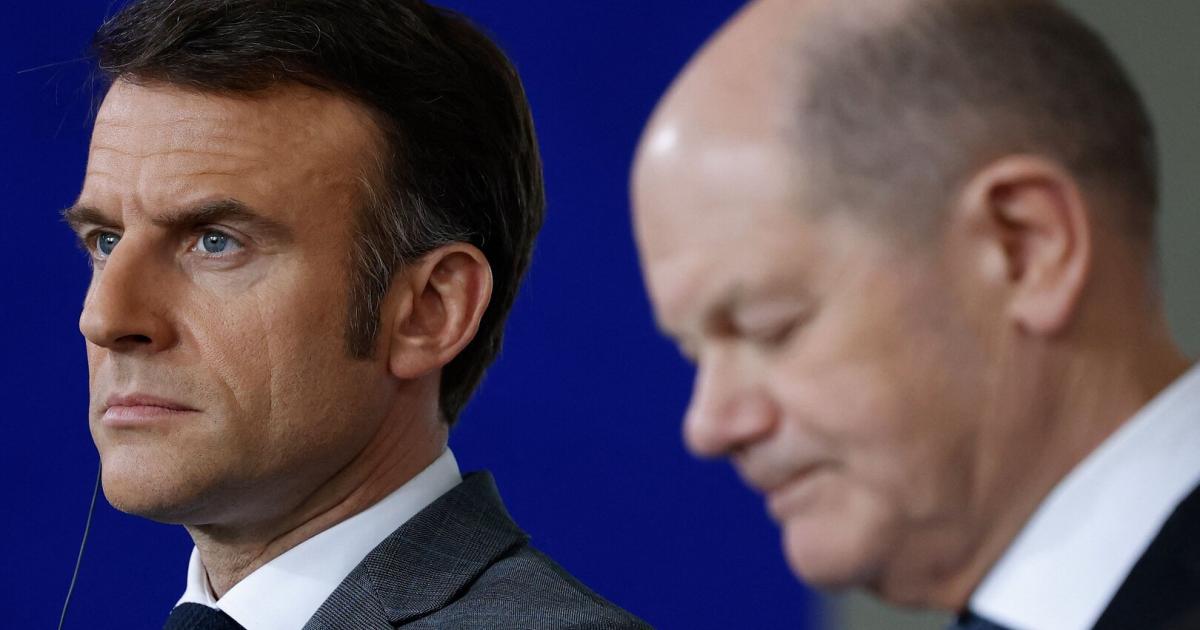Just a few days ago, Olaf Scholz and Emmanuel Macron couldn’t pat each other on the back often enough. Forget the dispute of the past few weeks, especially when it comes to supporting Ukraine, Germany and France are completely on the same page.
Nice words, no actions
Beautiful words that are obviously not followed by actions. Kiev is once again dividing the EU’s central political axis. This time the reason is the imports of agricultural products from Ukraine. After the outbreak of war, the EU opened the borders for Ukrainian goods – also because the previous transport routes across the Black Sea were blocked by Russia. The agricultural giant Ukraine, which supplies the entire Middle East with its grain, should be able to export unhindered. But because of the extremely low prices for Ukrainian products, they ended up on the EU markets. Imports of sugar from Ukraine increased tenfold.
anger of the farmers
Anger over low-cost competition was one of the main reasons for farmers’ protests across Europe. And because they are putting enormous pressure on EU politics, especially before the European elections in June, Brussels has made a political U-turn.
Upper limits
Even before the EU summit last week, quantitative restrictions on agricultural products from Ukraine were reintroduced for the first time. Brussels emphasized that they wanted to keep the borders open in principle, but only to a certain extent.
Vienna for restriction
It was already clear at the EU summit that this was not enough for many countries. France and Poland, for example, pushed for stricter measures. Wheat – the most important source of income for Ukrainian agriculture – was initially exempt from the restrictions, but now it should be put back on the black list. On Wednesday there were even negotiations in Brussels about reinstating the entire import restrictions for Ukraine. Austria is also on the side of those who want to shield farmers from competition from the agricultural giant.
“Market destabilized”
The tariff exemption for Ukrainian imports into the EU has led to “excesses” that have “destabilized the European market,” said French President Macron. For Germany, this is a further breach of the promises made to Ukraine.
“Sunday speeches”
Last week’s agreement was a “difficult compromise for everyone involved,” said Germany’s Agriculture Minister Cem Özdemir at a meeting with his EU colleagues. Anyone who is now demanding that the package be untied again “will at some point have to ask themselves the question of how they actually feel about solidarity with Ukraine. You cannot preach solidarity with Ukraine in Sunday speeches and do the opposite from Monday to Friday.”
